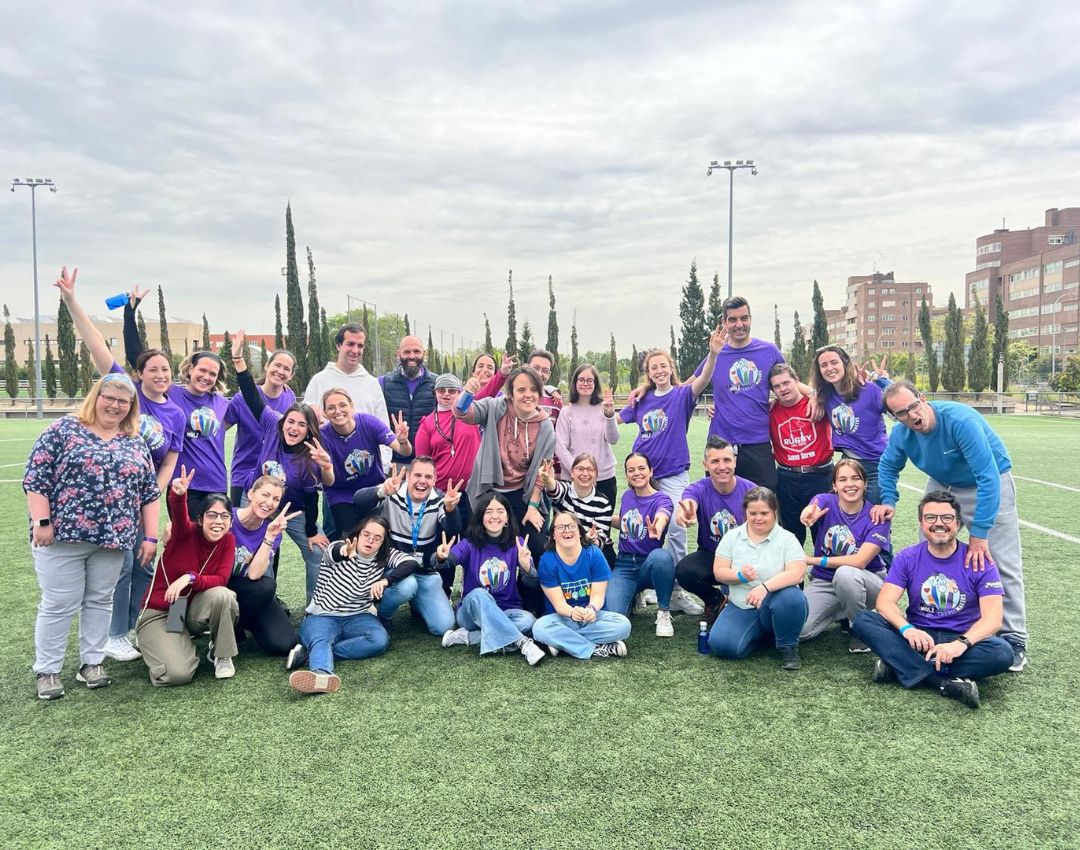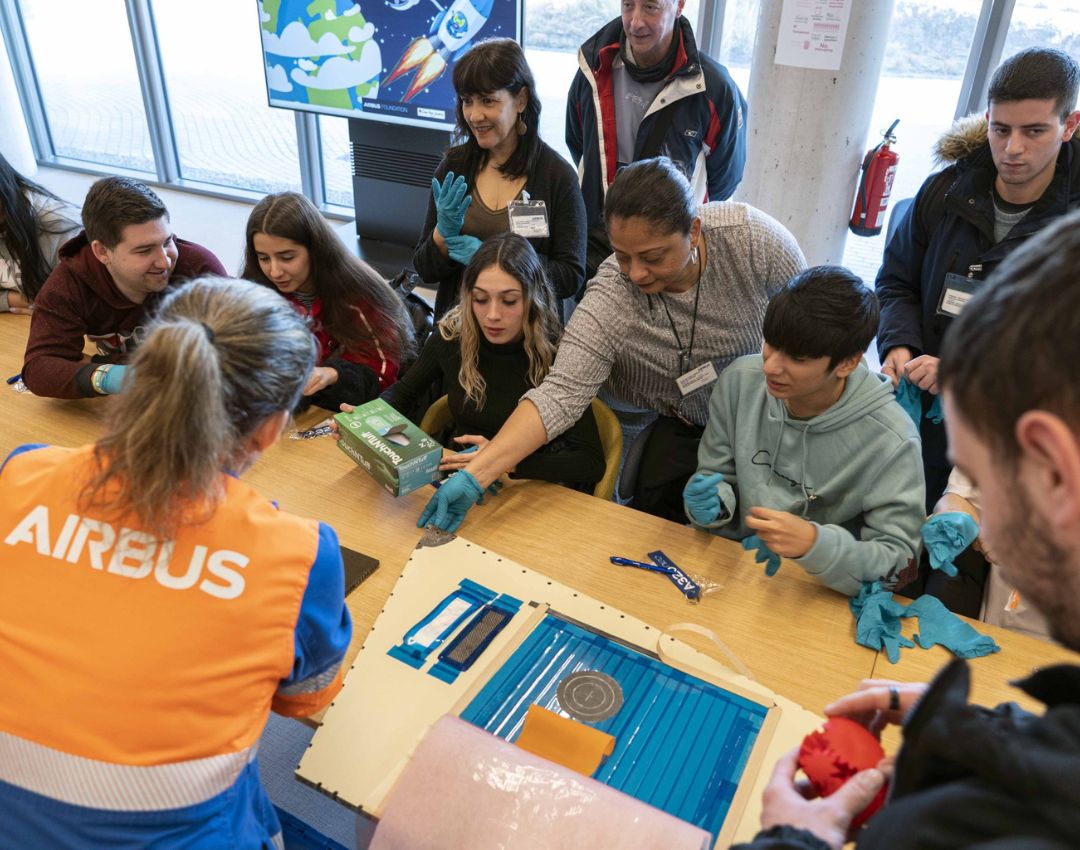Volunteering and certification of competencies
Last June we had the opportunity to participate in a webinar to reflect on youth volunteering for the development of employability skills, organized by the United Nations Volunteers (UNV) program.
Many studies show that, doing corporate volunteering, develop skills and personal skills that improve the professional performance of employees, as well as the working environment in which they operate. At Volies we have always been committed to volunteering as a tool for skills development.
In fact, some years ago, with our own pioneering methodology, we developed a tailor-made Competency Certification Program for the UN itself.
The program, developed for its more than 11,000 volunteers present in 160 countries, identified the six competencies acquired in volunteer action best valued in recruitment processes. These are:
- Teamwor
- Communication
- Flexibility and adaptability
- Planning and organization
- Respect for diversity
- Commitment to continuous learning
Along the same lines, the 2015 State Law on Volunteering includes in the rights of the volunteer Art 10 1 i Obtain recognition (…) for the competence, aptitudes and skills acquired as a result of the exercise of their volunteer work and Art 24 2 refers the recognition of the competences acquired by the volunteer with the general regulations for the recognition of competences acquired through work experience or through non-formal means of training.

Competency Certification: part of the solution to the lack of jobs
In the debate, the following current youth employment problem was raised, and how volunteering can be part of the solution:
- The problem: Less than a third of young people who enter the labor market get jobs in their area of interest. Many end up underemployed or unemployed.
- The solution: Volunteering can become an important tool for acquiring practical skills and relevant experience, enhancing job opportunities for young people.

Highlights:
- The practical skills gap: Beyond formal education, it is often a lack of practical skills and experience that results in difficulties integrating into the labor market.
- The tangible impact of volunteering: Volunteer experience has been shown to have a positive correlate in terms of employability and potential salaries. However, it is essential to consider factors such as the duration and structure of volunteer programs to maximize their effectiveness.
- Success stories: Cases were presented where platforms linking skills and labor demand have boosted opportunities for thousands of young people.
- Training Education: An essential pillar. The need to promote technical and vocational education was highlighted, ensuring that volunteering is a stepping stone to a sustainable working life, and not just a temporary solution.
In conclusion
Although we are facing a complex scenario, this situation also offers us some opportunities in the field of corporate volunteering that we cannot miss:
Volunteering as training: Companies can structure volunteer programs that, in addition to seeking social impact, focus on training young people in specific areas, providing practical skills and relevant experience.
Strategic alliances: It is imperative that organizations and the corporate sector collaborate to design volunteer opportunities that benefit both society and young people in their professional development.
A call to action: We have a responsibility and an opportunity to promote youth volunteering as a tool to improve the job prospects of the next generation.
If you want to go deeper into the topic, we recommend reading the article by Niall O’Higgins, Senior Economist at the International Labor Organization (ILO), on which the entire webinar was based: “Programas de Voluntariado para facilitar la entrada y reentrada de los jóvenes al trabajo”.







